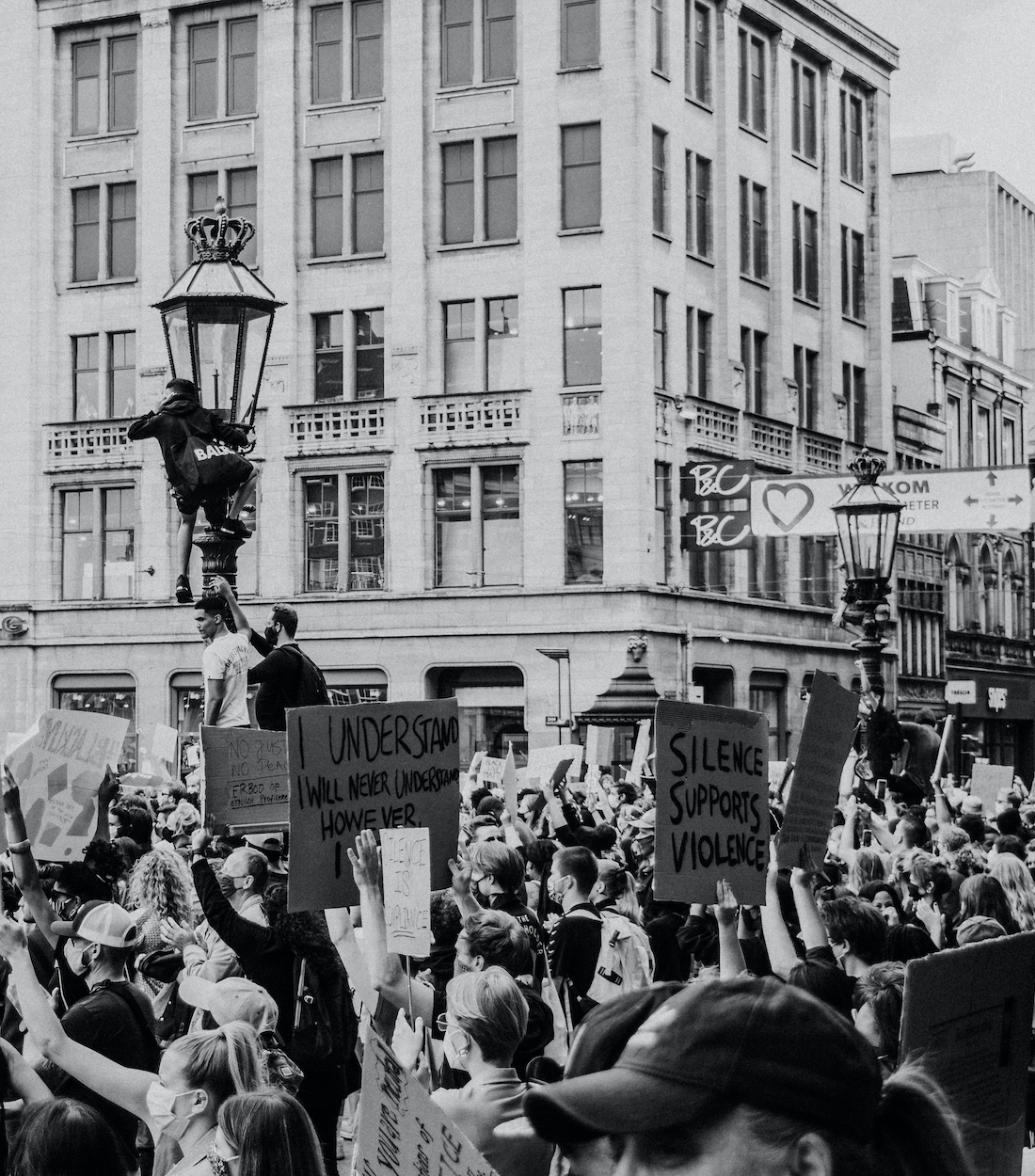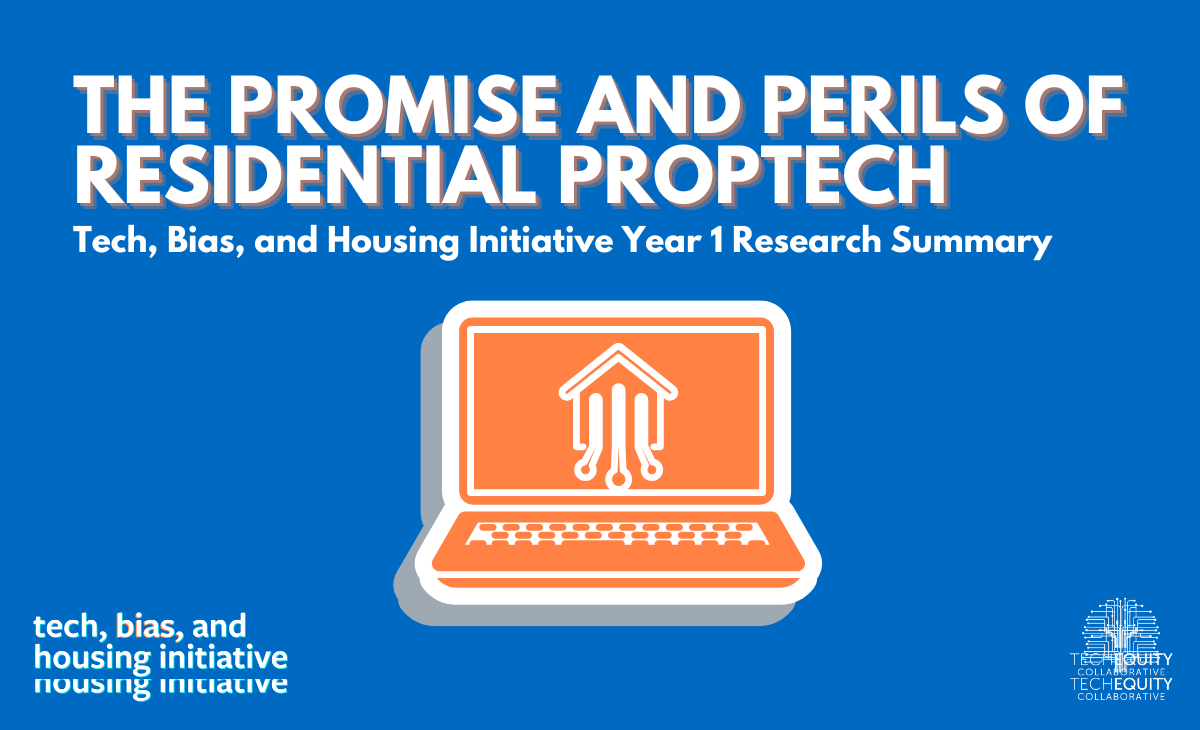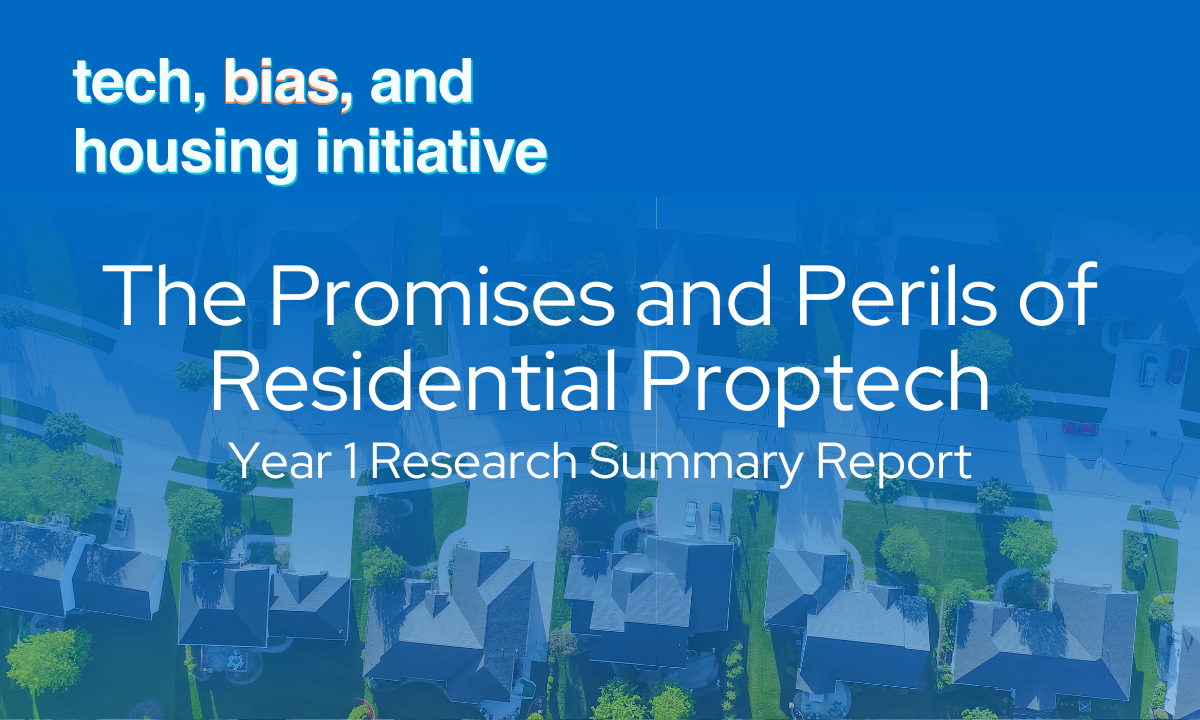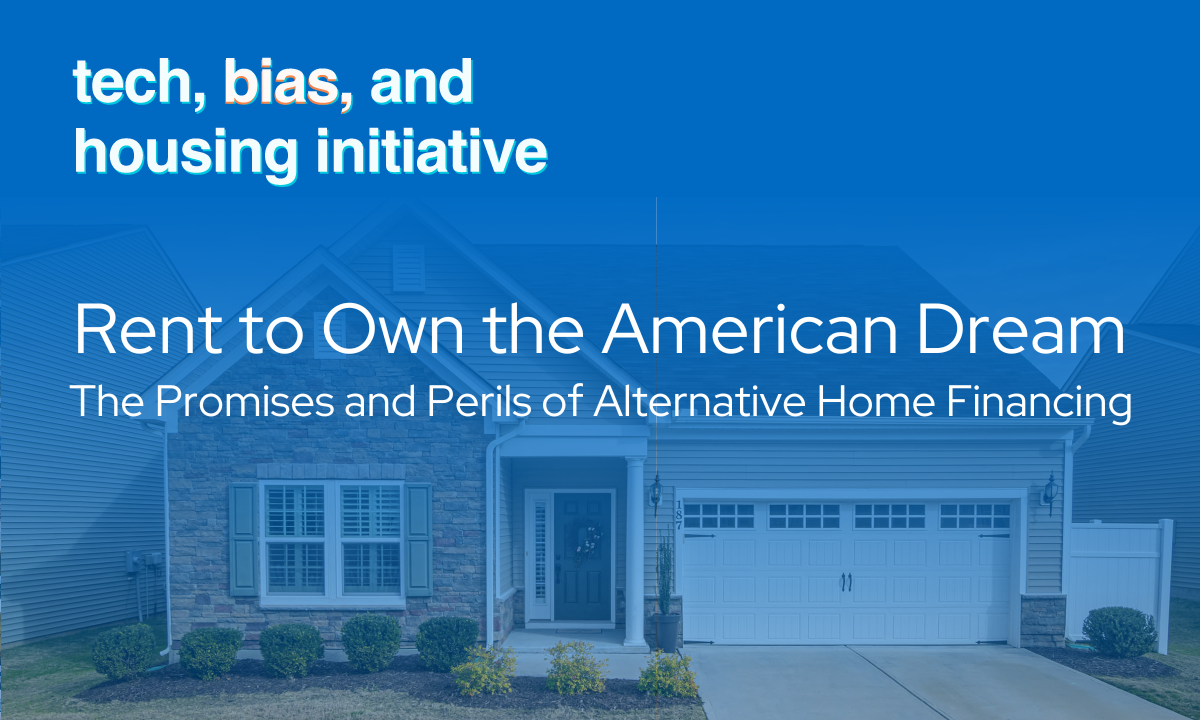Props 17, 20, & 25: What You Need to Know

Election Day is just around the corner. While the presidential race is drawing the most attention, ballot measures and candidates in local and state races have the potential to drastically reshape our communities, amidst and after the COVID-19 pandemic.
That’s why we’ve launched this blog series, to break down the key issues on the statewide and local ballots.
Today, we’re covering the statewide measures that affect the criminal justice system and civil rights for people accused of crimes and incarcerated people. These issues fall outside of our issue areas but they have deep intersections with both housing and workforce & labor. We did not want to remain silent on these issues, so we consulted with organizations who specialize in criminal justice policy to bring you their perspectives and use our platform to boost their voices.
Check out our voter guide page for articles on the other statewide and local measures.
What is Proposition 17?
Currently, people on parole cannot register to vote in California. This means they cannot participate in elections either as voters or candidates. Prop 17, placed on the ballot by the legislature, would change that by making it legal for people on parole to register to vote. If it passes, Prop 17 would add California to a list of 16 other states plus Washington D.C. that allow people on parole to vote.
What are the arguments for and against Prop 17?
Supporters of Prop 17 argue that it is fair for people on parole to have the right to vote. They point out that people on parole have already reentered society and are paying taxes, so it is unfair to prevent them from using their voice in the voting booth. Advocates also point out that people of color are disproportionately affected by the criminal justice system, and preventing people on parole from voting just extends that disparity into one of the core functions of our democracy. They also argue that voting helps people on parole make connections with their community, which research has shown is an effective way to make sure people don’t get sent back to prison. Prominent endorsers of Prop 17 include Governor Gavin Newsom, U.S. Representative Ro Khanna, State Assemblymembers Rob Bonta, David Chiu, Kansen Chu, Ash Kalra, and Bill Quirk, State Senators Jim Beall, Scott Wiener, and Bob Wieckowski, Alliance of Californians for Community Empowerment (ACCE), Ella Baker Center for Human Rights, and the California Labor Federation. A full list of endorsements can be found here.
Opponents of Prop 17 argue that people on parole have not fully finished their sentences, so they should now be allowed to vote. They also claim that people on parole, due to the nature of the crimes they were convicted of, cannot be trusted with the vote. Opponents of Prop 17 include the California Republican Party and the Election Integrity Project – California. There is no consolidated list of opponents.
TechEquity Votes Yes on Prop 17
We agree with criminal justice policy advocates who endorse Prop 17 and we’re happy to amplify their voices. People on parole already participate in society in a number of ways and should be allowed to vote as well. Incarceration disproportionately affects Black, Indigenous, and other people of color, making it one of the most powerful drivers of white supremacy in our country. We should no longer allow that injustice to continue to disenfranchise our communities.
What is Proposition 20?
Over the past decade, California made a number of reforms that sought to reduce the number of incarcerated people in the state. The reforms converted some offenses previously charged as felonies to misdemeanors, made it easier for people incarcerated on non-serious, non-violent charges to be released on parole, and allowed for discretion when responding to probation and parole rule violations. Prop 20 would roll back a number of these reforms by again allowing some of the non-violent offenses to be charged as felonies, narrowing eligibility for early parole, and increasing penalties for those with multiple probation violations. Prop 20 was placed on the ballot by a group of police unions and conservative prosecutors.
What are the arguments for and against Prop 20?
Supporters of Prop 20 argue that the reforms enacted in the last decade caused crime to rise and allows people who they consider dangerous to be released from prison too soon. Backers contend that the reform which reclassified some felonies as misdemeanors has led to an uptick in property crime. They also maintain that the list of offenses that are considered non-serious and non-violent (and thus eligible for earlier parole review) is too broad and contains serious or violent offenses. Prop 20 supporters also argue that allowing greater flexibility in response to parole or probation rule violations allows too many people they consider dangerous to remain unincarcerated. Prominent supporters of Prop 20 include U.S. Representative Devin Nunes, State Assemblymember Jim Cooper, the California Republican Party, Peace Officers Research Association of California, Association for Los Angeles Deputy Sheriffs, and Safeway.
Opponents of Prop 20 argue that it would roll back successful reforms that have led to fewer people incarcerated and saved millions of dollars in expenses associated with jails and prisons. They maintain that by increasing the number of incarcerated people, the measure will divert funds from rehabilitation programs that reduce recidivism, creating more, not less crime. Prop 20 opponents claim that the measure will reinstate disproportionately long sentences for relatively minor offenses which will disproportionately harm Black, Indigenous, and other communities of color. They point out that California voters approved of a number of these reforms in response to overcrowding in the state’s prisons. Prominent opponents of Prop 20 include former Governor Jerry Brown, the Alliance of Californians for Community Empowerment (ACCE), the Ella Baker Center for Human Rights, and the California Labor Federation. A full list of opponents is available here.
TechEquity Votes No on Prop 20
We agree with criminal justice policy advocates who oppose Prop 20 and are happy to amplify their voices. The decarceral reforms enacted last decade represent progress in rolling back a failed approach to public safety that relies too heavily on incarceration and disproportionately harms Black, Indigenous, and other communities of color. These reforms should not be repealed as doing so would put more people in prison, destabilizing communities while wasting millions of dollars and hurting public safety.
What is Proposition 25?
In 2018, the state legislature passed a plan to eliminate cash bail. The plan would instead require judges to use their discretion, assisted by an algorithmic risk assessment when determining if a person should be incarcerated prior to trial. Prop 25 was placed on the ballot by the bail bonds industry and requires voters to confirm the legislature’s plan. Some are concerned that the legislature’s replacement could result in more people held before trial and introduce biases through the risk assessment tool and judges’ discretion.
What are the arguments for and against Prop 25?
Supporters of Prop 25 argue that the current cash bail system is biased against people with low incomes, who because of systemic inequities are more likely to be people of color. The measure’s backers maintain that replacing the cash bail system with judges’ discretion aided by a risk assessment will reduce that bias and leave fewer people incarcerated prior to their trial. Proponents argue that holding fewer people pre-trial will save money currently spent on incarceration. Supporters also claim that the new system will be better for public safety because it will hold people based on their risk to society instead of their ability to pay. Prominent supporters include Governor Gavin Newsom, U.S. Representative Barbara Lee, State Senators Jim Beall, Jerry Hill, Bob Wieckowski, and Scott Weiner, State Assemblymembers Rob Bonta, David Chiu, the California Democratic Party, Western Center on Law & Poverty, and California Labor Federation. A full list of endorsements can be found here.
Opponents of Prop 25 are split into two camps: those who claim the legislature’s plan will harm public safety by allowing too many people to be released, and those who are concerned that the plan will introduce a new form of bias. The first group claims releasing more people will strain local police capacity and increase costs due to additional hearings. They also maintain that lowering the chance of pre-trial incarceration will cause an increase in low-level offenses. Opponents in the first group include BART Board Director Deborah Allen, the California Republican Party, California Peace Officers’ Association, and California Bail Agents Association.
The second group is worried that cash bail will just trade one form of bias for another: judges’ decisions and algorithmic assessment tools that will disproportionately recommend incarceration for people of color. This group of opponents includes the Alliance of Californians for Community Empowerment (ACCE), ACLU – Southern California, Human Rights Watch, JusticeLA, and Color of Change.
TechEquity Is Not Taking a Position on Prop 25
Due to the split among criminal justice advocates, TechEquity is not making a recommendation of Prop 25.





